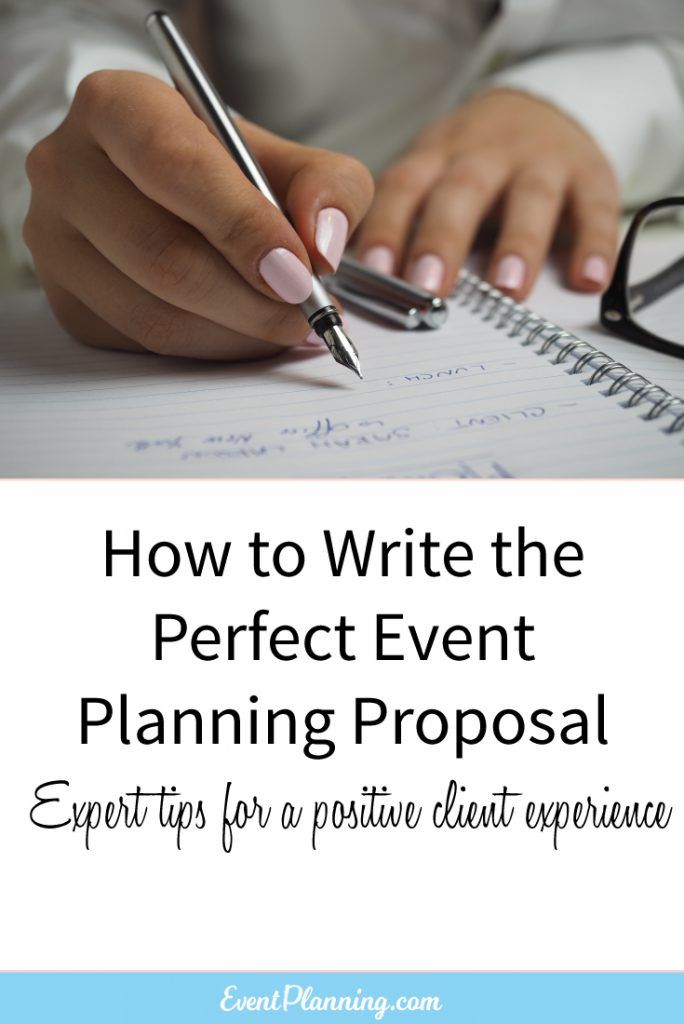Planning an event can be exciting, but drafting a winning event proposal is a crucial step in the process. Whether you are a seasoned event planner or new to the field, mastering the art of writing an event proposal is essential for securing the success of your events. With the right skills and strategies, you can create a compelling proposal that not only impresses your clients but also sets you apart as a professional in the industry. In this blog, we will dive into the ins and outs of how to write an event proposal like a pro, covering key elements, dos and don’ts, and tips to help you craft a winning proposal that gets you the results you desire.
Understanding the Importance of Event Proposals
Event proposals are crucial documents that outline the specifics of an event, including objectives, budget, timeline, and logistics. Crafting a well-thought-out event proposal is essential in securing funding, sponsorship, or approval for your event. It serves as a roadmap for all stakeholders involved, ensuring that everyone is on the same page and working towards a common goal. A comprehensive event proposal demonstrates professionalism, attention to detail, and strategic planning, setting the foundation for a successful event.
The Significance of Clear Objectives
Setting clear and measurable objectives in your event proposal is vital. Objectives guide the planning process and help stakeholders understand the purpose and expected outcomes of the event. Clear objectives also assist in evaluating the success of the event post-execution.
Strategic Budget Planning
Effective budgeting is a critical aspect of event proposals. Proper allocation of funds ensures that resources are optimally utilized, preventing overspending or budget constraints during the event. Creating a detailed budget breakdown demonstrates financial responsibility and transparency to potential funders or sponsors.
- Research current pricing trends for venues and services
- Include contingency funds for unexpected expenses
- Provide justification for each budget item

Key Elements of a Successful Event Proposal
When crafting an event proposal, several key elements are crucial for its success. These elements help outline the event’s objectives, budget, and logistics, ensuring clarity and professionalism in your proposal to potential clients or stakeholders.
Clear Objectives and Scope
Clearly define the purpose and goals of the event in your proposal. State what you aim to achieve and how the event aligns with the client’s objectives. Be specific about the target audience and expected outcomes to attract prospective attendees.
Comprehensive Budget Breakdown
Include a detailed breakdown of all expenses involved in the event, from venue costs to catering and promotion expenses. Provide a clear budget plan, demonstrating financial responsibility and transparency.
Thorough Event Timeline
Outline a detailed timeline of the event, including setup, activities, and post-event evaluation. Ensure all key milestones are included with realistic timeframes.

Research and Planning for Your Event Proposal
Research and planning are crucial steps in crafting a successful event proposal. Start by conducting in-depth research on the event theme, target audience, and objectives.
Identify the key stakeholders involved and gather relevant data to support your proposal. Analyze industry trends and competitor events to develop a unique selling proposition (USP) for your event.
Market Analysis
Begin with a comprehensive market analysis to understand the current demand for similar events. Evaluate past event performances to learn from successes and failures.
- Identify target demographics and their preferences
- Analyze pricing strategies of comparable events
- Evaluate location suitability for the event
SWOT Analysis
Conduct a SWOT analysis to assess the Strengths, Weaknesses, Opportunities, and Threats related to your event proposal. This will help in formulating a strategic plan to maximize the event’s success.
Writing Techniques for a Professional Event Proposal
When crafting a professional event proposal, it is essential to employ effective writing techniques to ensure clarity and professionalism. Begin by clearly outlining the event details, objectives, and target audience. Use concise and persuasive language to articulate the purpose of the event and its benefits.
Thorough Research and Planning
Before you start writing your event proposal, conduct thorough research to understand the needs and expectations of your client. Analyze the event requirements, budget constraints, and any specific guidelines provided. Create a detailed event timeline and a comprehensive plan to showcase your organizational skills.
Compelling Executive Summary
One of the most critical sections of your event proposal is the executive summary. This section should provide a brief overview of the entire proposal, highlighting the key points and unique selling propositions (USPs) of your event. Use bold and italic formatting to draw attention to important details.
Tips for Making Your Event Proposal Stand Out
When crafting your event proposal, it’s essential to make it stand out from the competition to secure the deal. Here are some expert tips to help you create a winning proposal that impresses your clients and increases your chances of success.
Understand Your Client’s Needs
Before drafting your proposal, take the time to thoroughly understand your client’s requirements and goals for the event. Tailor your proposal to address their specific needs, showing that you’ve listened and can deliver a customized solution.
Highlight Your Unique Selling Points
Clearly outline what sets your event planning services apart from others. Whether it’s your innovative ideas, attention to detail, or past successes, emphasize your strengths to showcase why you’re the right choice for the job.
Include Visuals for Impact
Visual elements such as infographics, mood boards, or event layouts can help bring your proposal to life and make it more engaging for clients. Use images to illustrate your concepts and show the vision you have for their event.
Reviewing and Editing Your Event Proposal
Once you have drafted your event proposal, the next critical step is to review and edit it meticulously. Begin by checking for any grammatical errors, spelling mistakes, or formatting inconsistencies. Ensure that the proposal follows a logical flow and is easy to read. Review the content to make sure all the necessary information is included and presented clearly.
Check for Clarity and Coherence
Read through your proposal to see if the ideas are presented clearly and cohesively. Make sure there are no abrupt transitions or missing information that could confuse the reader. Use bullet points or numbered lists to organize complex information effectively.
Proofread and Seek Feedback
Proofreading is crucial to eliminate any remaining errors. Look for typos, punctuation mistakes, or awkward phrasing. It’s also beneficial to have a fresh pair of eyes review your proposal. Ask a colleague or mentor to provide feedback on the content, structure, and overall effectiveness of the proposal.
Frequently Asked Questions
-
- What is an event proposal?
- An event proposal is a document that outlines the details and logistics of an event, such as its purpose, budget, timeline, and any other relevant information.
-
- Why is writing an event proposal important?
- Writing an event proposal is essential for conveying your ideas clearly to potential clients, sponsors, or stakeholders. It helps in securing funding, outlining expectations, and ensuring that all parties are on the same page.
-
- What are the key components of an event proposal?
- Key components of an event proposal typically include an executive summary, event details, budget, marketing plan, timeline, and any additional supporting documents such as venue information or vendor quotes.
-
- How can I make my event proposal stand out?
- To make your event proposal stand out, consider customizing it to the specific needs of the client or event, showcasing your creativity, providing clear and detailed information, and ensuring that it is well-written and error-free.
-
- What tips can help me write an event proposal like a pro?
- Tips for writing an event proposal like a pro include conducting thorough research, clearly defining the event objectives, being detailed but concise, using visual elements to enhance presentation, and proofreading carefully before submission.
Final Thoughts: Mastering the Art of Writing an Event Proposal
Writing an event proposal like a pro requires attention to detail, creativity, and professionalism. By following the steps outlined in this blog, you can enhance your proposal writing skills and increase your chances of success. Remember to clearly define your event objectives, outline a detailed plan, and showcase your unique selling points. Tailor your proposal to the specific needs of your client and make sure to highlight the benefits of choosing your event services. Don’t forget to revise and edit your proposal for clarity and consistency. With practice and persistence, you can master the art of writing an event proposal that stands out from the competition.



